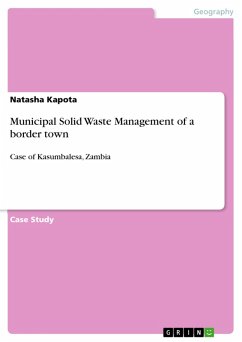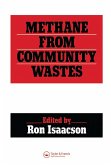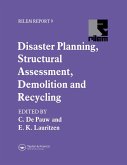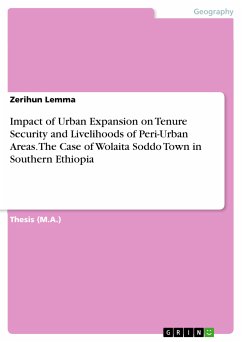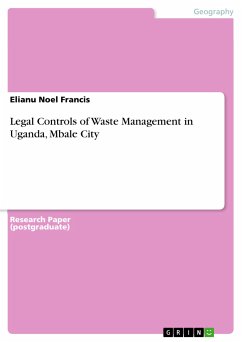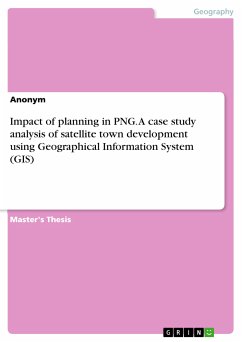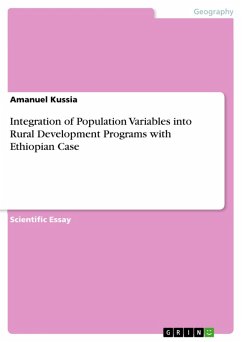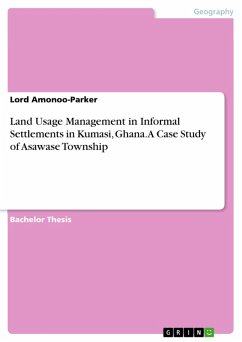Case Study from the year 2018 in the subject Geography / Earth Science - Demographics, Urban Management, Planning, grade: 1,0, , course: urban and regional planning, language: English, abstract: This study investigated challenges of Municipal Solid Waste Management in Kasumbalesa border town of Chililabombwe District. The research was conceived through advances made by renowned scholars such as Schübeler, Medina, Mihai, Lindell and UNEP, who have called for a location-specific and decentralized model of addressing challenges of the MSWM. Thus, guided by the System theory, Contingency theory and the ISWM concept, with the use of qualitative, case study research design, the research examined the major challenges of MSWM. Identified the alternative initiatives employed by the municipality and assessed whether the process of waste management was inclusive of various actors existing at Kasumbalesa. The findings show that, there was a high level of waste generated at the borderlands of Kasumbalesa, due to the increase in the day-time population. This placed a waste collection and disposal challenge on Chililabombwe municipality who were already facing financial, institutional, technical, human resource and socio-cultural challenges. In addition, the research indicated that, even though the public health team had initiatives they wanted to develop they failed to do so due to the weak financial, technical and institutional capacity. Furthermore, the research showed that, the mammoth task of MSWM was regarded as a sole responsibility of the council, thus the process was not inclusive of the diverse range of stakeholders existing at Kasumbalesa. The paper recommends that intervention is needed in terms of; Chililabombwe municipality opening a sub-station for public health at Kasumbalesa, it emphasizes that financial resources should be ring-fenced for waste management and that sensitization programs must be conducted in various languages. The paper further highlights the need for an all-inclusive process of MSWM at Kasumbalesa border. This means that each and every actor existing at the border should take part in the process of waste management.
Dieser Download kann aus rechtlichen Gründen nur mit Rechnungsadresse in A, B, BG, CY, CZ, D, DK, EW, E, FIN, F, GR, HR, H, IRL, I, LT, L, LR, M, NL, PL, P, R, S, SLO, SK ausgeliefert werden.

